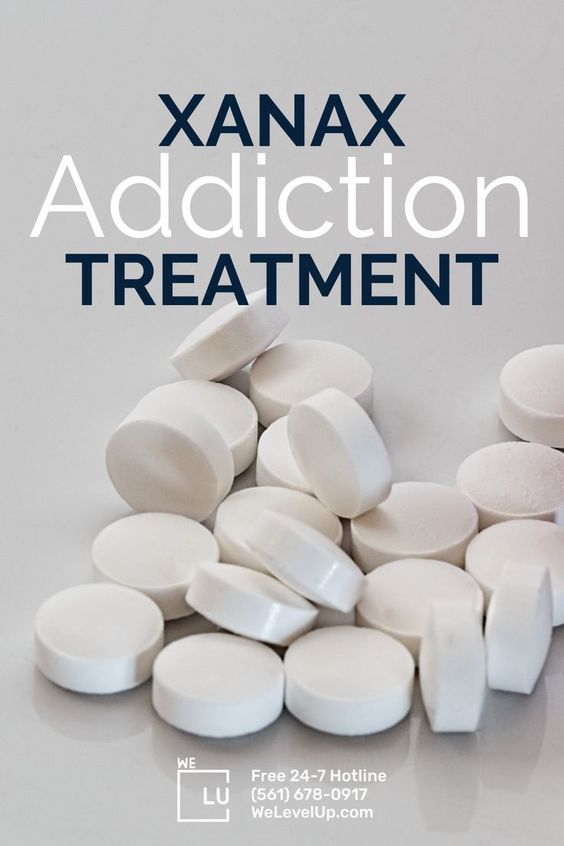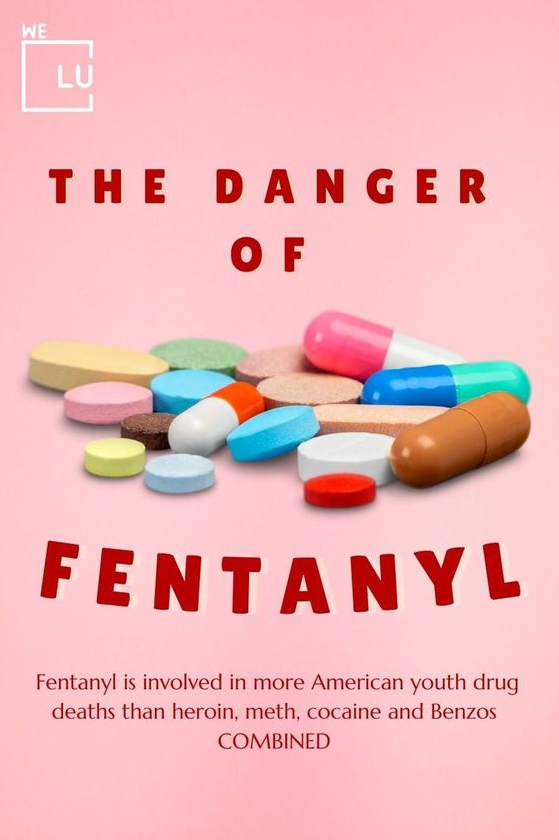Can You Mix Benadryl and Alcohol?
Benadryl is a widely used medication for treating allergy symptoms, but it can cause problems when mixed with alcohol.
While it does not impact the liver, Benadryl is a central nervous system (CNS) depressant, the same as alcohol. When it is taken with alcoholism, the combined impact on the CNS can produce heightened side effects. In some situations, this polydrug abuse interaction can produce very dangerous results.
Medical News Today listed out ten risks of taking Benadryl and alcohol at the same time:
10 Risks of Mixing Benadryl and Alcohol
1. Drowsiness
Benadryl can cause side effects, including sedation and drowsiness, which impair coordination and reaction speed. Mixing Benadryl with alcohol can intensify these side effects and will impair a person’s daily functioning. This can be life-threatening if it involves certain activities, such as driving or operating heavy machinery.
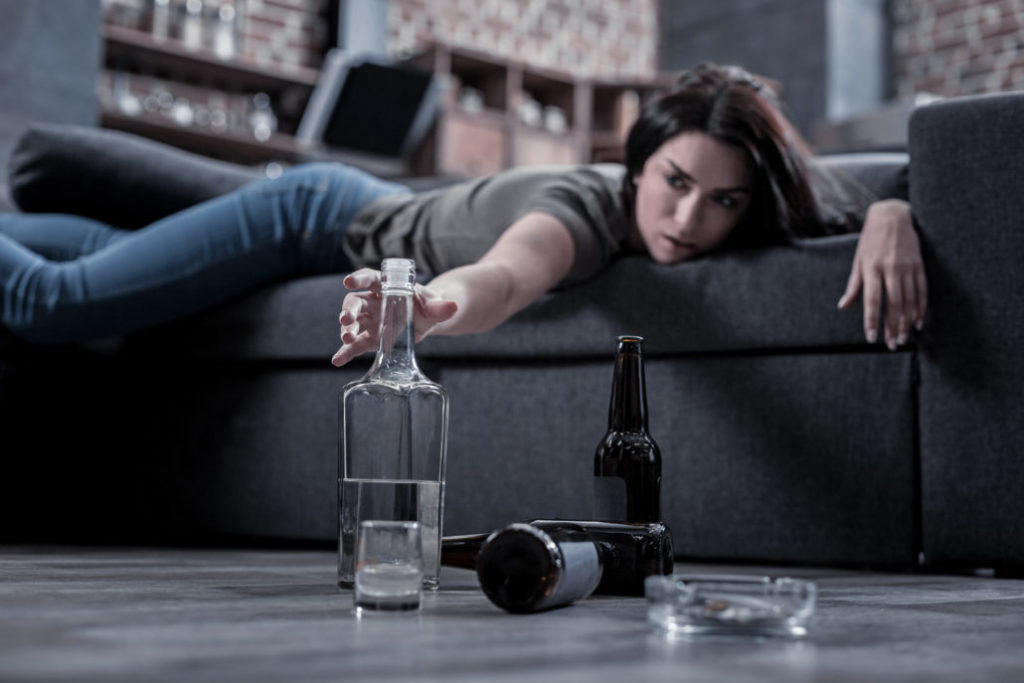
2. Loss of consciousness
Some people are more prone than others to losing consciousness when sedated. In these people, combining Benadryl and alcohol is more likely to cause a loss of consciousness. This can be harmful due to the likelihood of falls and other accidents.
3. Dehydration
Benadryl and alcohol are both known to dehydrate the body. Mixing them can increase the risk of dehydration. This can cause discomfort at the time and may worsen a hangover.
4. Complications in older adults
Aging slows the body’s ability to break down alcohol so that it may stay in the system of an older adult for longer than someone younger. This slowdown increases the time a person will be at risk of a harmful interaction between Benadryl and alcohol.
5. Learning and memory impairment
Benadryl blocks the action of a neurotransmitter called acetylcholine. Acetylcholine is necessary for learning and memory, so blocking its action may temporarily impair these processes.
Alcohol is also known to inhibit learning and memory temporarily. So, combining alcohol and Benadryl may again have a more noticeable effect on learning and memory.
6. Interactions with other types of medication
Benadryl may interact with other types of medication, which can heighten the side effects.
Taking these other types of medications with alcohol could also increase the risk of side effects.
Examples of medications that may interact with Benadryl include:
- Antidepressants
- Stomach ulcer medicine
- Cough and cold medicine
- Other antihistamines
- Diazepam (Valium)
- Sedatives
7. Other sources of alcohol
Some types of medication, including cough syrup and laxatives, also contain alcohol. They can include up to 10 percent alcohol, which may interact with Benadryl.
As a consequence, taking Benadryl with these medications when consuming very small amounts of alcohol may still increase the risk of adverse side effects.
8. Sex
In general, females are more susceptible to alcohol-related harm. This is because their bodies typically contain less water for alcohol to mix with, meaning that the same amount of alcohol would be more concentrated in a female than in a male.
Mixing Benadryl with alcohol may be particularly hazardous for females, as consuming smaller amounts of alcohol could trigger adverse interaction effects.
9. Misuse
As Benadryl and alcohol both cause drowsiness and sedation, it may seem tempting to exploit this combination as a sleeping aid. However, this can also heighten other adverse side effects that will interfere with sleep, such as nausea and dizziness.
10. Dementia
One study found that people who take one anticholinergic drug per day for at least 3 years have a raised risk of dementia. It should be noted that this study included all anticholinergic drugs, not just Benadryl. [1]
Another study in 2018 found excessive alcohol consumption to be associated with a higher risk of dementia. It is possible that consuming large amounts of Benadryl and alcohol over long periods of time could be linked to an increased risk of alcohol dementia.
However, longitudinal research would be required in people who consume high levels of Benadryl and alcohol to know whether this has any effect on the risk of dementia.
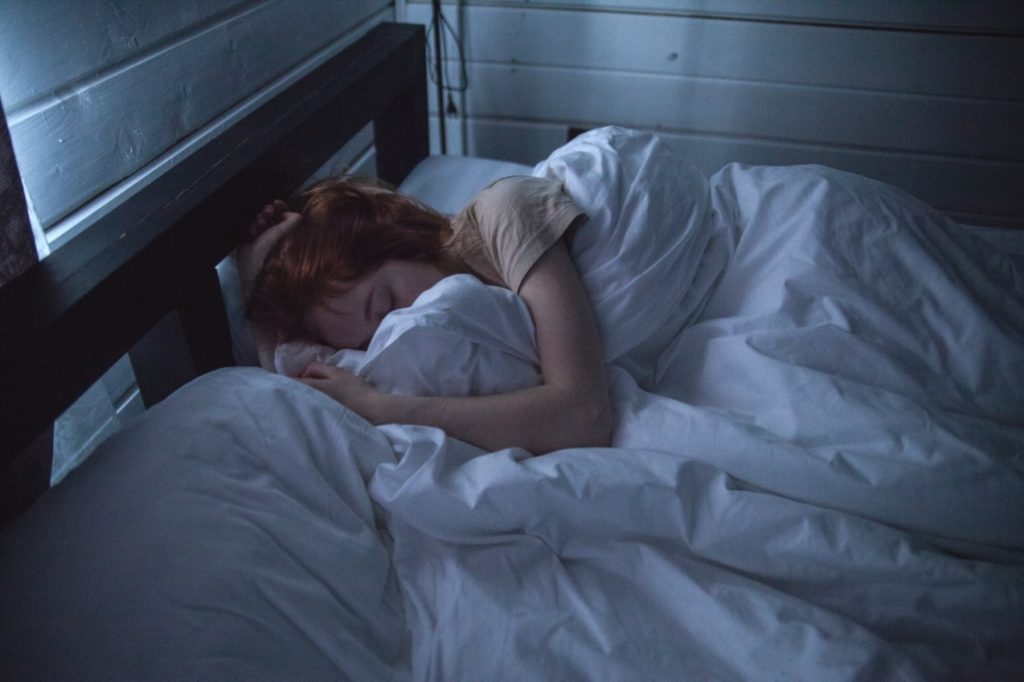
Benadryl is approved to treat allergy symptoms only. It’s not meant to be used for any other purpose.
However, some people may think it’s a good idea to use it as a sleep aid. This is because Benadryl causes drowsiness. In fact, the generic form of Benadryl, diphenhydramine, is approved as a sleep aid. Some people may think alcohol can serve the same role since it can also make you sleepy.
But if you really want to get a good night’s sleep, don’t make the mistake of thinking a glass of wine and a dose of Benadryl will do the trick. This misuse of Benadryl and alcohol may actually make you dizzy and prevent you from sleeping through the night.
Benadryl may also interact negatively with sleep aids and other medications. So, to be safe, you should only use Benadryl to treat your allergy symptoms.
Can You Overdose on Benadryl and Alcohol
In 1943, as the planet was engulfed in WWII and the United States was officially announcing the end of The Great Depression, the most common modern antihistamine, diphenhydramine, was first synthesized. Shortly after, in 1947, orphenadrine was synthesized and used for the treatment of Parkinson’s disease. With the turn of the decade, antihistamine use became more prevalent, and pediatric deaths increased.
Now that we know antihistamine is dangerous in high doses and can cause a fatal overdose, alcohol overdose is also hazardous and when combined, they both can cause death.
At a BAC of 0.45 percent or above, a person is likely to die from alcohol intoxication.
It may seem like a person has to drink a lot to get to this stage. But if a person drinks very quickly, they can get to this stage before long.
The Centers for Disease Control and Prevention estimates excessive alcohol use causes approximately 88,000 deaths annually in the United States. [2]
Benadryl and Alcohol As a Cause of Death
The U.S. Food and Drug Administration (FDA) is warning that taking higher than recommended doses of the common over-the-counter (OTC) allergy medicine diphenhydramine (Benadryl) can lead to serious heart problems, seizures, coma, or even death. [3]
The outcomes of patients with antihistamine toxicity depend on many factors such as underlying medical conditions, the amount of drug ingested, and any congestants. The majority of patients do recover fully and are discharged. However, the elderly and children can suffer multiorgan failure from a high dose. First-generation antihistamines like diphenhydramine are more sedating than most other antihistamines. Also, there are reports that this agent is known to cause arrhythmias and seizures. [4]
Mixing Benadryl and Alcohol Polydrug Abuse
Benadryl is the brand-name version of an antihistamine called diphenhydramine. An antihistamine is a drug that interferes with the action of the compound histamine in your body.
Histamine is involved in your body’s immune response to allergens. It’s the reason you get a stuffy nose, itchy skin, and other reactions when you come in contact with something you’re allergic to. An antihistamine works by blocking your body’s response to these allergens. This can ease your allergy symptoms.
Because you can purchase Benadryl at pharmacies and grocery stores without a prescription, you might think it’s safe to use in any situation. But Benadryl is a strong drug, and it comes with risks. One risk is the severe effects it can cause if you take it with alcohol.
Benadryl doesn’t affect your liver as alcohol does. But both drugs work on your central nervous system (CNS), which is made up of your brain and spinal cord. That’s the problem.
Benadryl and alcohol are both CNS depressants. These are drugs that slow down your CNS. Taking them together is dangerous because they can slow down your CNS too much. This can cause drowsiness, sedation, and trouble doing physical and mental tasks that require alertness.
In short, Benadryl and alcohol shouldn’t be used together. It’s important to know, though, that it’s especially risky to use them together in certain cases. These cases include if you misuse Benadryl, if you take these drugs together while driving, and if you’re a senior.
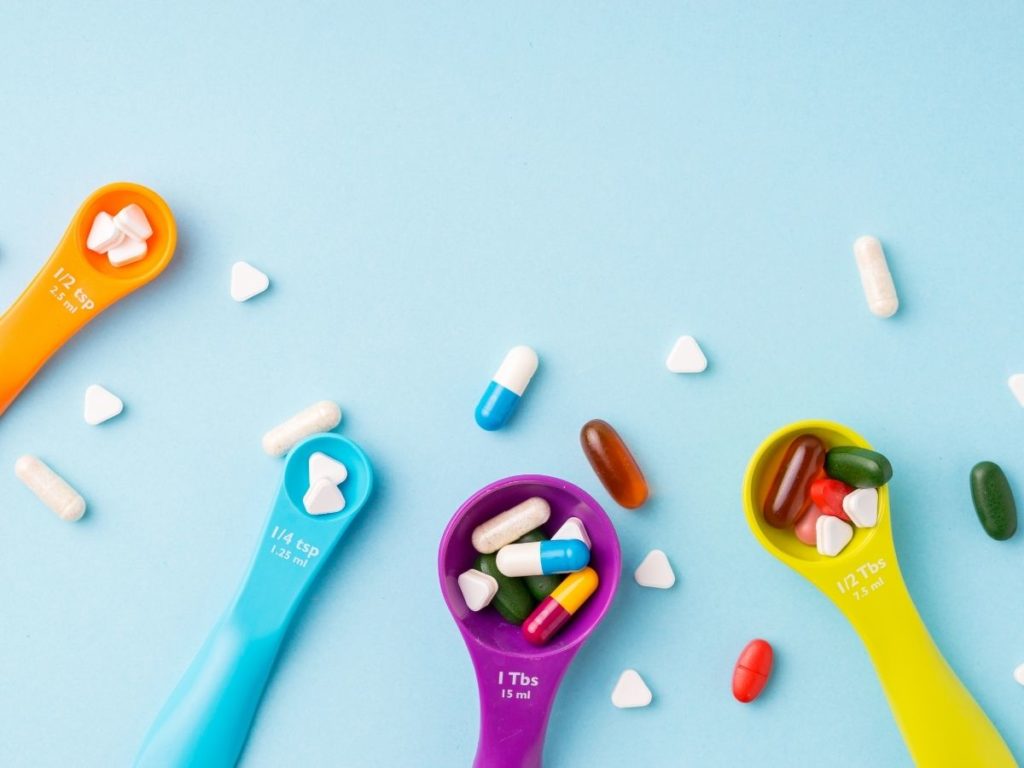
Benadryl is a strong drug. Using it safely means not drinking alcohol while you take it. Combining the drug with alcohol can cause dangerous effects, such as extreme drowsiness and impaired motor skills and alertness.
Benadryl is designed for short-term use, so it’s best to simply wait until you’re done taking it before you have any alcohol.
Those suffering from addiction for long periods of time at high rates of use usually experience more severe withdrawal symptoms and alcohol poisoning such as taking Benadryl and alcohol at the same time, making the process more difficult for them. [5] The symptoms may seem to get worse through the detox process. They need constant care and attention to help manage the symptoms. Delirium Tremens may lead to death if they are not managed well and in time. Alcohol Addiction Treatment is within your reach to ensure your recovery starts on a comfortable and safe step.
If you, your friend, or your family need help with alcoholism, contact us today here at We Level Up TX.
Sources:
[1] Can you drink alcohol while taking antihistamines? – https://www.medicalnewstoday.com/articles/321078
[2] FDA warns about serious problems with high doses of the allergy medicine diphenhydramine (Benadryl) – U.S. Food & Drug Administration
[3] Alcohol Use and Your Health – Centers for Disease Control and Prevention
[4] Antihistamine Toxicity – National Center for Biotechnology Information, U.S. National Library of Medicine
[5] We Level Up – Addiction » Alcohol Poisoning
